Melbourne, the coffee capital of the world
Melbourne is known for its quality of life, its street art, its vibrant cultural scene… and its coffee! Could you really consider yourself a local if you don't start your day with your usual cappuccino, long black or mocha? With more than 2000 cafes serving the precious beverage all around the city, you are in any case spoiled for choice for your cuppa! But where does this passion for the ‘black gold’ come from? Follow me on an aromatic journey through the streets of Melbourne, the coffee capital of the world.
Long black, latte or flat white?
Coffee passion
I would like to start this article with a personal anecdote. In France, my country of origin, people drink coffee almost exclusively black. The profession of barista practically does not exist. When I first arrived in Melbourne in 2016, I didn't know what a flat white or a macchiato was (don't panic if this is also your case, I'll explain everything later in this article!). But when I started looking for a job, I quickly noticed that there were a lot of cafes all over the city. I naively thought that I could easily get hired at one of them, despite not drinking coffee myself, too bitter for my taste. It couldn’t be that complicated, right? Well… I still remember the amused smile of the manager of a cafe in St Kilda to whom I had given my resume, understanding that I didn't have the slightest idea how to prepare a simple latte.
I owe a lot to this man. Thanks to his advice, I took a course to become barista, a job I still do today, almost 8 years later! I also discovered that milk and foam softened the bitterness of coffee, and I started to enjoy it. I now have a flat white every day! It was while talking to this man that I realised how important coffee was in Melbourne. This passion is particularly noticeable in the way people drink it. The vast majority of cafes in the city are independent, run by individuals or small companies rather than owned by a large franchise. Baristas know the habits of their regular customers, call them by their names and know exactly what their favourite coffee is. It’s an integral part of the Melbourne lifestyle and an amazing way to socialise. People go on dates in cafes, they take a break with their colleagues in the one closest to their office, they go for brunch on weekends… In contrast, the American giant Starbucks experienced a huge failure when trying to establish in Australia at the very beginning of the 2000s. Eight years after its arrival, the company had to close 61 of its 87 stores, unable to adapt to the local coffee culture!
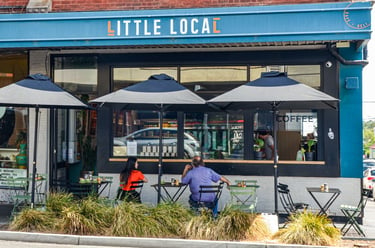
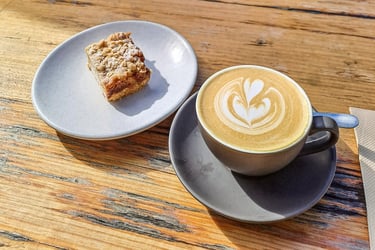


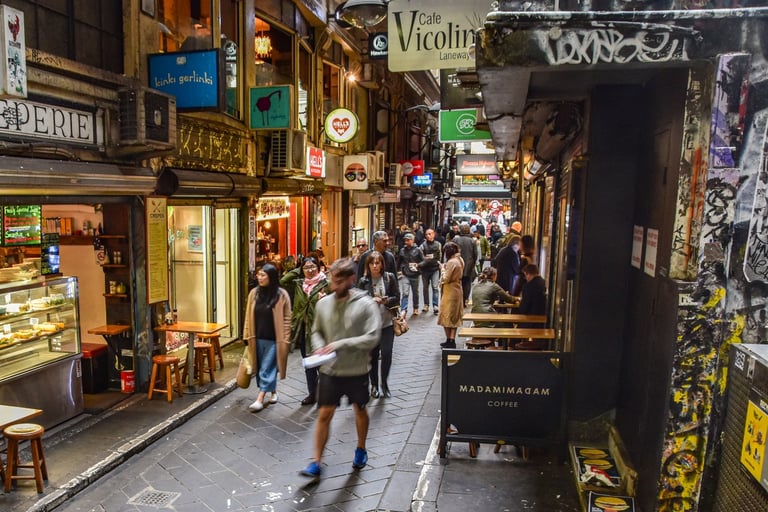

The origins
But how did Melbourne become the coffee capital of the world when the city was only founded in 1835? And apart from a species recently discovered in the north of Queensland, coffee is not even native to Australia!
Unlike Europe where the coffee tradition was firmly anchored, Australia would become a land of experimentation, with Melbourne at the forefront of innovation. The different communities that coexisted there, each with their own specificity, gradually contributed to the emergence of a coffee culture unique in the world. It was in Australia that the flat white was invented in the 1980s. Sydney and Melbourne dispute its authorship, but the magic is definitely a 100% Melbournian coffee, introduced in the 2010s. Nowadays, the city is home to a lot of local artisan roasters who constantly focus on sourcing the highest quality beans and perfecting the brewing process, while leading baristas keep searching for the next idea that could become a popular trend.
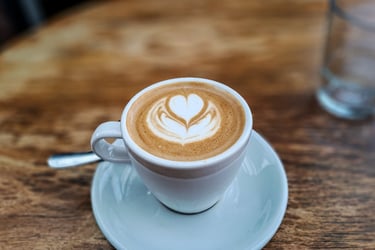
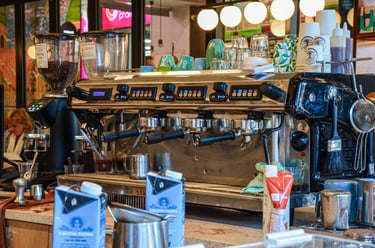
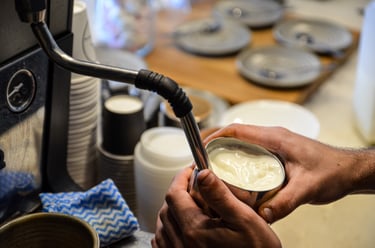
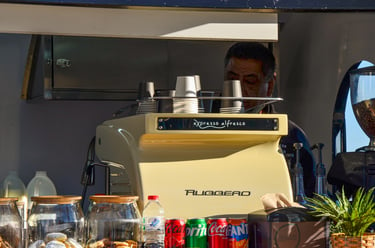




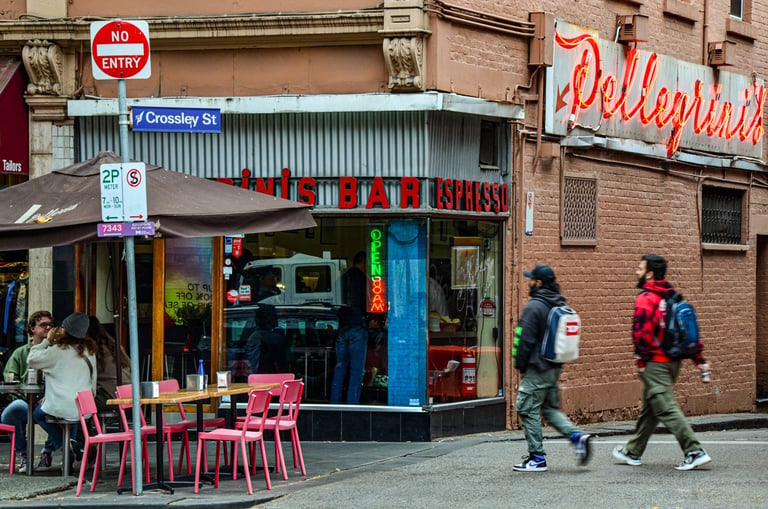

The answer comes from European immigration. The first British settlers in the 19th century brought tea with them. It was the immigrants of the 20th century, mainly the Italians and the Greeks, who contributed to the rise of coffee. The first espresso machines were imported in the 1950s. Founded in 1954 and still operating today, Pellegrini’s Espresso Bar on Bourke Street is said to have been the first in Melbourne to use one!



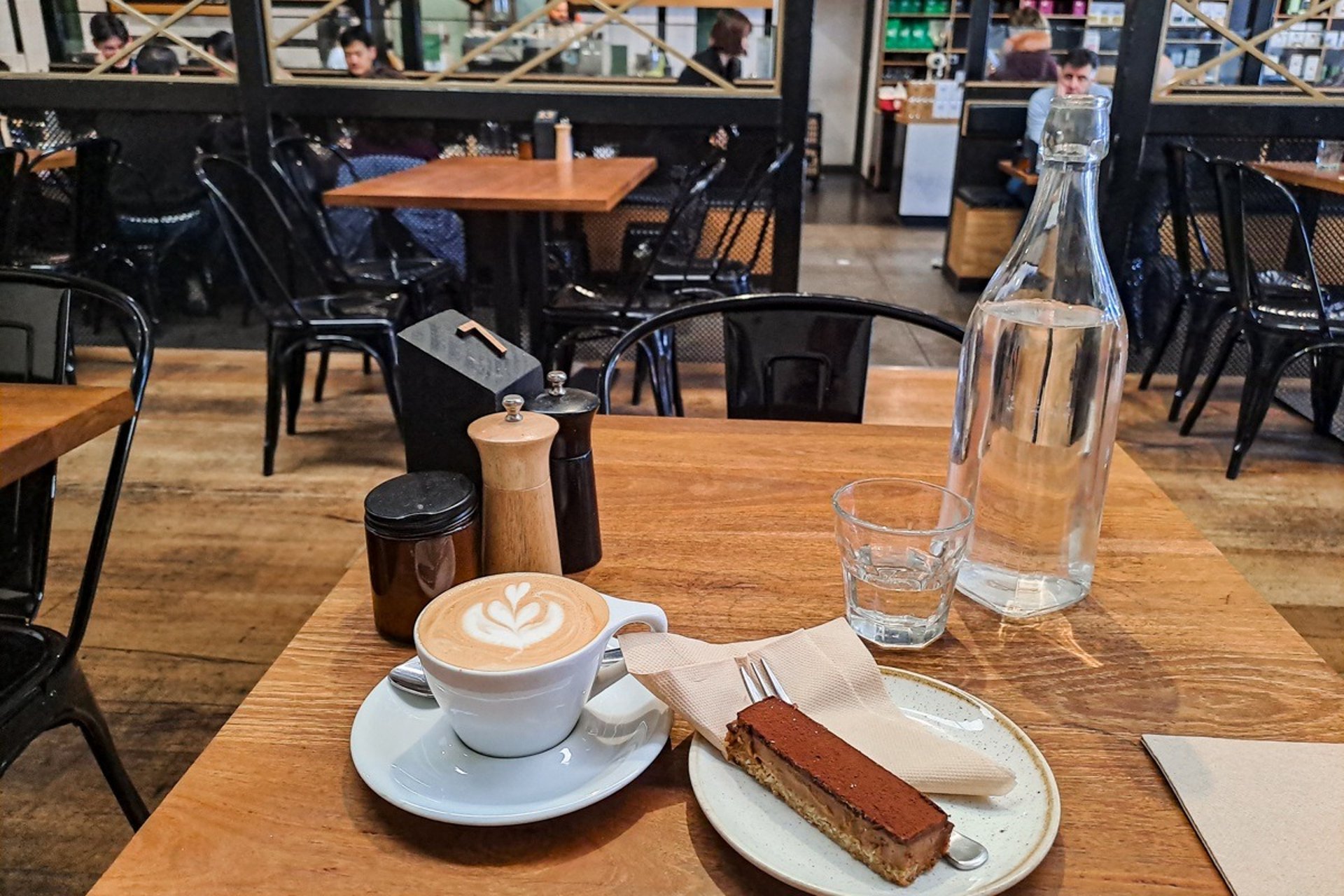

The coffee capital of the world
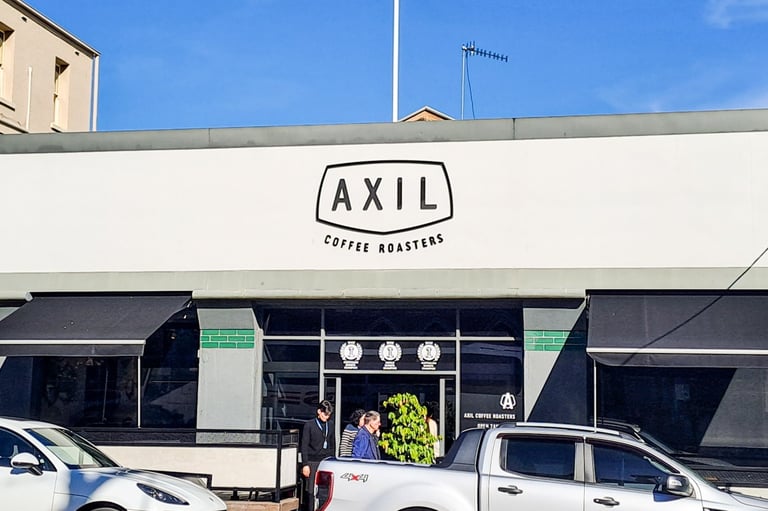

While doing some research to prepare this article, I read several times that Melbourne was the city in the world with the most cafes per capita. I haven't found any really reliable sources (some also mention London, Portland or Shanghai), but I have a striking example in the neighbourhood where I used to live, Balaclava. There were no less than fifteen cafes within a five-minute walk of my house!
There’s one drawback though. Surprising as it may seem, it can be very complicated to find a cafe open after 3pm in Melbourne! As most of them are independent, they have generally small teams of just a few employees. And as they open early in the morning (often around 7am), they also have to close early to avoid long days for staff members... Good to know if you like to drink your cuppa late in the afternoon!
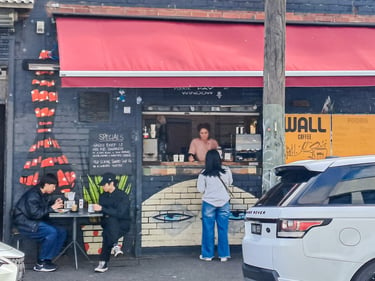
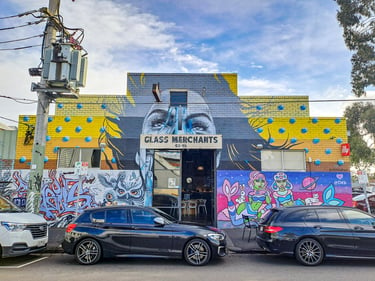


This is also in Melbourne that some of the best coffee connoisseurs in the world are based. A world barista championship is organised every year. The 2022 winner? Anthony Douglas, employee of the famous Melbournian company Axil Coffee Roasters. His colleague Jack Simpson also reached the podium in the last two years, third in 2023 and second in 2024.
Know your coffee!
There are almost as many ways to drink coffee as there are people in Melbourne! I'm exaggerating a little, but between those who prefer it weak or strong, with more or less sugar, and with a certain type of milk (regular, skim, lactose free, soy, almond, oat, coconut...), the combinations are almost infinite. Here are the most common varieties:
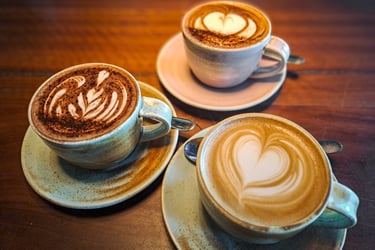
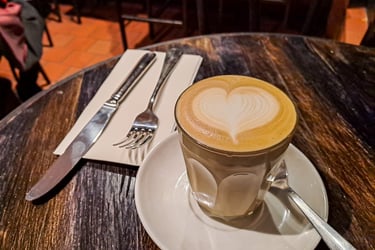


espresso: a simple shot of coffee, often drunk in one go!
long black: usually two shots of espresso diluted half with hot water, for those who like the bitterness of coffee
latte: the standard coffee with milk, the one most often ordered in Melbourne. One or two shots of espresso, hot milk, and a layer of foam precisely 1cm thick at the top! Traditionally served in a glass and not in a mug
flat white: similar to the latte, but with a thin layer of foam… hence the name!
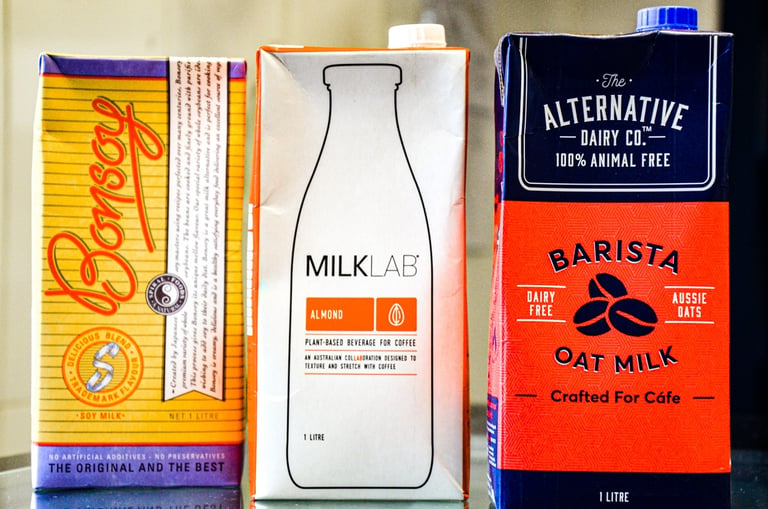

cappuccino: unlike the flat white, a cappuccino is served with a thick layer of foam and chocolate powder on top
mocha: one third of coffee, one third of milk, and one third of hot chocolate!
short macchiato: a single shot of espresso, a little bit of hot milk, and a tea spoon of foam on top. The ‘long mac’ is identical but with two shots of coffee
magic: the most Melbournian of all coffees! It simply doesn’t exist anywhere else. It consists of two shots of ristretto (a shorter extraction time compared to the espresso), hot milk and a layer of foam, but served three-quarters full. It’s supposed to enhance the coffee aroma and to be the best way to enjoy it for specialists.
And you, how do you drink your coffee?
My favourite cafes in Melbourne
With over 2,000 cafes in Melbourne, I obviously don't know them all, but I do have several favourites that I particularly like. Find the list in my dedicated article!
Krimper Cafe on Guilford Lane in the CBD
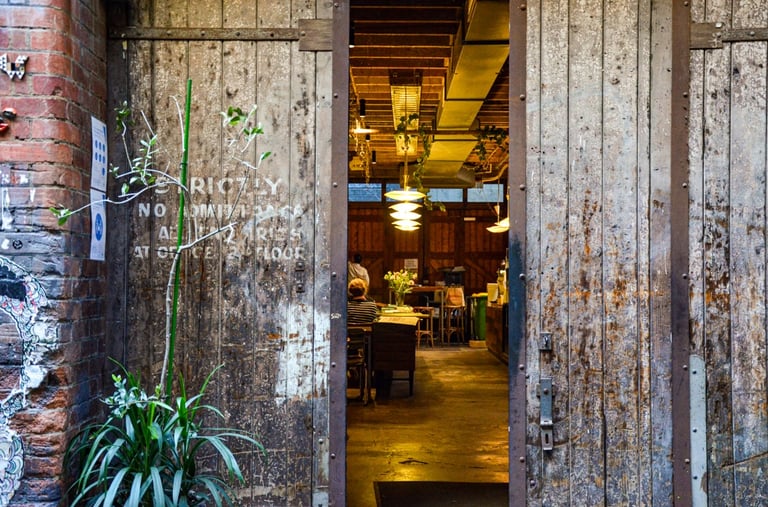

One Cup at a Time
If you're interested in Melbourne's coffee culture, I invite you to check out the blog I created in October 2024, called One Cup at a Time. I regularly publish articles on different aspects of this so specific coffee culture, and I also present in detail my favourite cafes. Follow me as well on the One Cup at a Time Instagram page!
What is your favourite cafe in Melbourne? Send me a message to let me know!
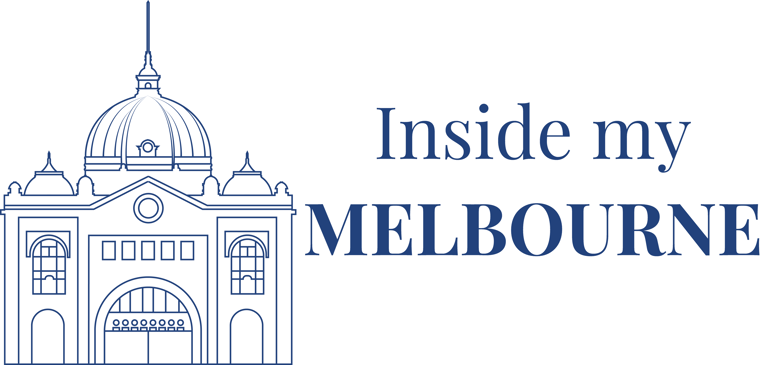

Acknowledgment of country
I respectfully acknowledge the Traditional Owners of the land where Naarm/Melbourne is located, the Wurundjeri Woi-wurrung and Bunurong / Boon Wurrung peoples of the Kulin Nation, and pay respect to their Elders, past and present.
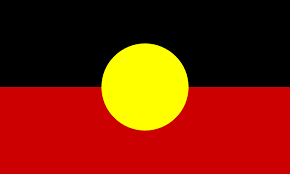

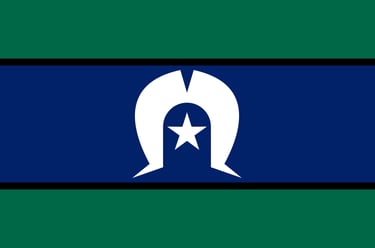

Follow me on social media!
©2025 by Inside my Melbourne - All rights reserved
A question, a suggestion or anything you'd like to tell me? Use the link below to contact me!
